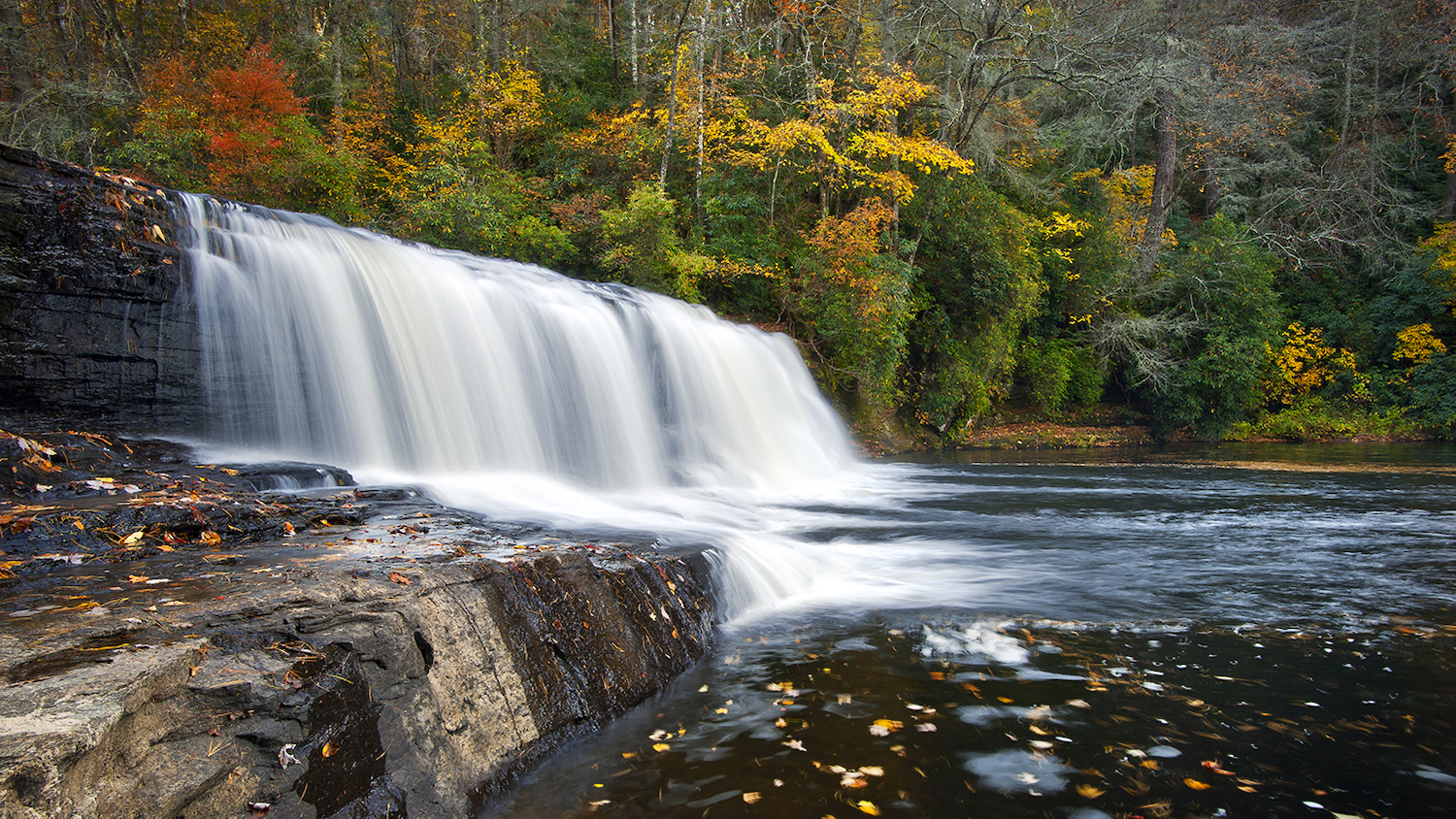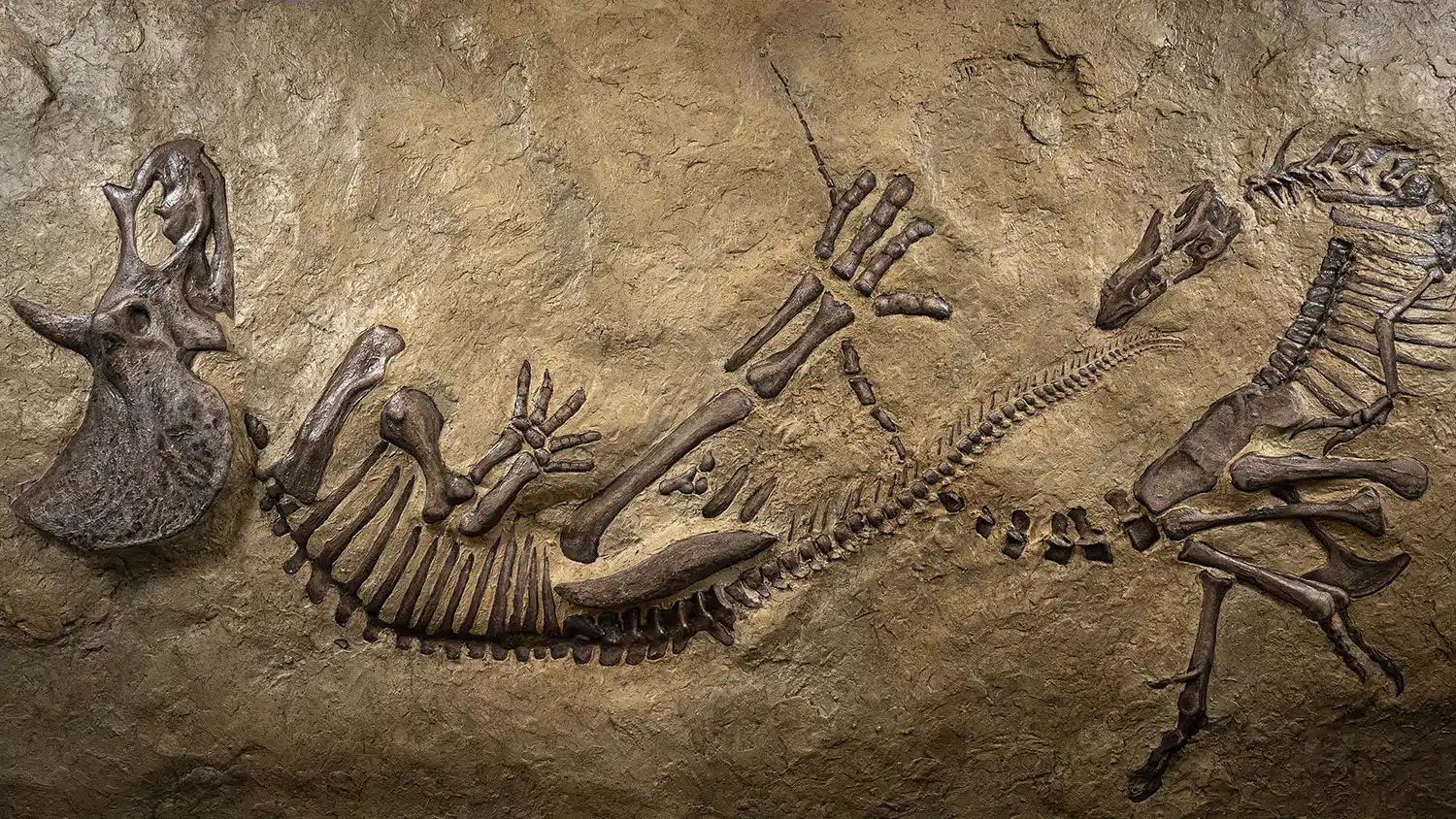Historic Act Provides Funding for Parks and Conservation

A new law will drastically improve parks and open spaces across the United States.
Passed by a bipartisan vote in both the U.S. House and Senate, the Great American Outdoors Act (GAOA) provides up to $9.5 billion over five years to address maintenance issues within the National Park System and $900 million annually to permanently and fully fund the Land and Water Conservation Fund (LWCF).
“The Land and Water Conservation Fund is landmark legislation in conservation and environmental history in the U.S,” said Myron Floyd, dean of the College of Natural Resources at NC State. “To fully fund it going forward, with the GAOA, will likely be of greater importance given the increasing demand for parks and open spaces for recreation, health and well-being, and economic benefits.”
The LWCF, which was passed in 1965, has endured years of uneven funding. It has helped conserve iconic landscapes throughout the U.S. and protected national, state and local parks, forests, wildlife refuges, wilderness, monuments and battlefields. The act has also supported community parks and outdoor recreation. Since 2015, when its original authorization expired, the LWCF’s future has been uncertain up until now.
Lewis Ledford, executive director for the National Association of State Park Directors and chair of the Board of Directors for the College of Natural Resources at NC State, has spent more than eight years advocating on Capitol Hill and testified twice in Congress to secure support and funding for the GAOA.
“Our work must continue — to effectively administer the program, ensure the equitable administration of funds, and build up this movement for the benefit of parks and conservation for the generations to come,” Ledford said. “The renewed emphasis for local and state parks and conservation with the matching grants program is in keeping with the original intent of LWCF.”


